Galactic Energy, a private rocket maker in Beijing, carried out a launch mission on Thursday afternoon, marking its third launch within the past 10 days.
The company said in a news release that the rocket blasted off at 1 pm at the Jiuquan Satellite Launch Center in northwestern Gobi Desert and then sent three remote-sensing satellites into a sun synchronous orbit about 545 kilometers above the Earth.
Remote sensing refers to the process of detecting and monitoring the physical characteristics of an area by measuring its reflected and emitted radiation at a distance, typically from aircraft or satellites.
The solid-propellant Ceres 1 is about 20 meters tall, has a diameter of 1.4 meters and mainly burns solid propellant. With a liftoff weight of 33 metric tons, it is capable of sending a 300-kilogram satellite or several satellites with a combined weight of 300 kg, to a 500-km sun synchronous orbit, or 350-kg payloads to a low-Earth orbit at an altitude of 200 km.
Galactic Energy launched a Ceres 1 from a ship in the Yellow Sea on May 29, sending four satellites into space. Two days later, another Ceres 1 flight took place from the Jiuquan center and transported five satellites to orbit.
By now, 14 Ceres 1 flights have placed 48 commercial satellites into space, far outnumbering other privately built rocket models in China, according to Galactic Energy.















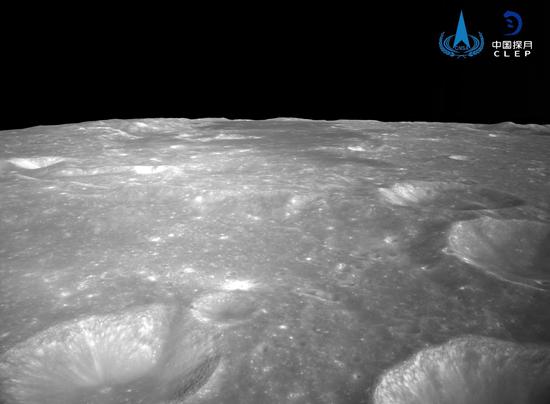


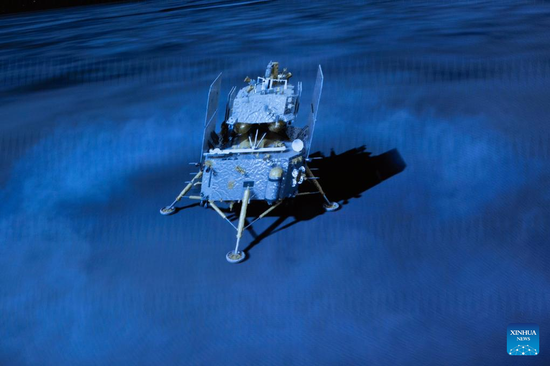




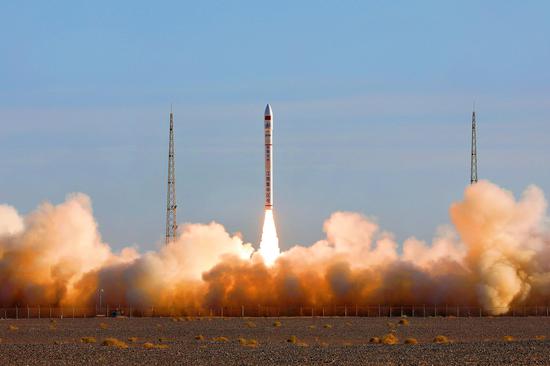
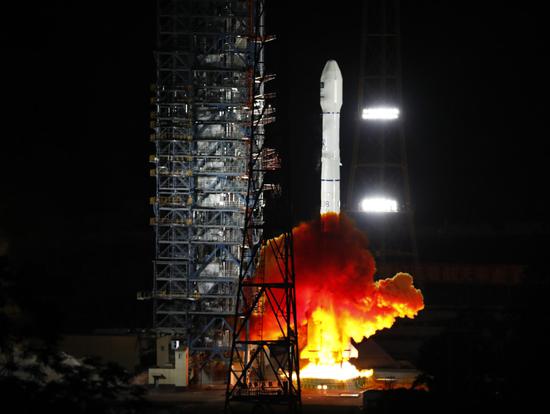













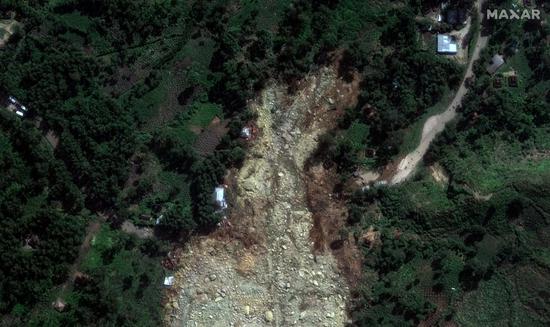











 京公网安备 11010202009201号
京公网安备 11010202009201号